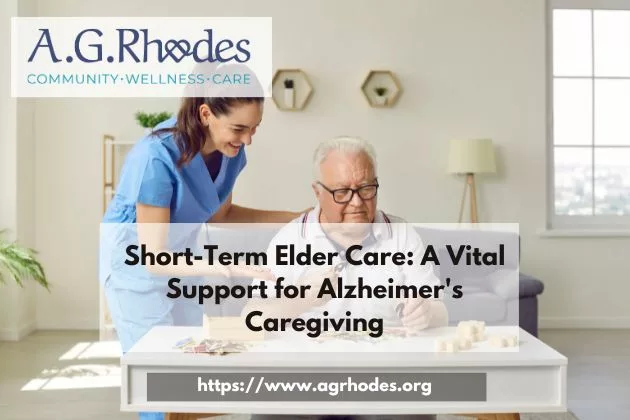
The Alzheimer’s Caregiving Challenge
Cognitive Decline and Caregiver Strain
Alzheimer’s disease brings about cognitive decline, placing substantial emotional and physical strain on caregivers. Understanding the challenges is crucial for effective caregiving.
Balancing Act for Caregivers
Caregivers often find themselves in a delicate balancing act, managing the daily needs of their loved ones while attending to their well-being.
The Role of Short-Term Elder Care
Respite for Caregivers
Short-term elder care provides much-needed respite for caregivers. Taking breaks is essential to prevent burnout and maintain the caregiver’s overall well-being.
Enabling Time for Self-Care
Caregivers can utilize the respite period to engage in self-care activities, promoting mental and emotional health.
The Burstiness of Short-Term Elder Care
Flexible Support
Short-term elder care offers burstiness in caregiving by providing flexible support. Caregivers can schedule short breaks or longer periods, depending on their needs.
Addressing Urgent Situations
In situations where caregivers need to attend to urgent matters, short-term elder care steps in to ensure the well-being of the individual with Alzheimer’s.
The Perplexity of Alzheimer’s Caregiving
Diverse Care Needs
Every individual with Alzheimer’s has unique care needs. Short-term elder care services are adaptable, addressing the perplexity of diverse requirements.
Specialized Assistance
Professional caregivers in short-term elder care are trained to handle the intricacies of Alzheimer’s care, offering specialized assistance based on the individual’s stage of the disease.
Specificity in Alzheimer’s Support
Tailored Cognitive Activities
Short-term elder care focuses on specificity by tailoring cognitive activities to the individual’s cognitive abilities, providing mental stimulation without overwhelming them.
Personalized Care Plans
Crafting personalized care plans ensures that the specific needs of individuals with Alzheimer’s are met during short-term elder care.
Integrating Short-Term Elder Care
Collaboration with Primary Caregivers
Short-term elder care providers collaborate with primary caregivers, ensuring a seamless transition and consistent care for individuals with Alzheimer’s.
Facilitating Social Engagement
Structured short-term elder care programs facilitate social engagement for individuals with Alzheimer’s, reducing feelings of isolation.
Conclusion
Short-term elder care emerges as a vital support system for Alzheimer’s caregivers. With its burstiness, perplexity, and specificity, it not only provides relief but also enhances the overall quality of care for individuals living with Alzheimer’s.

